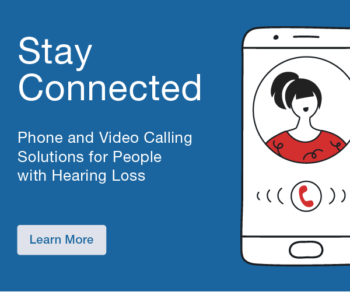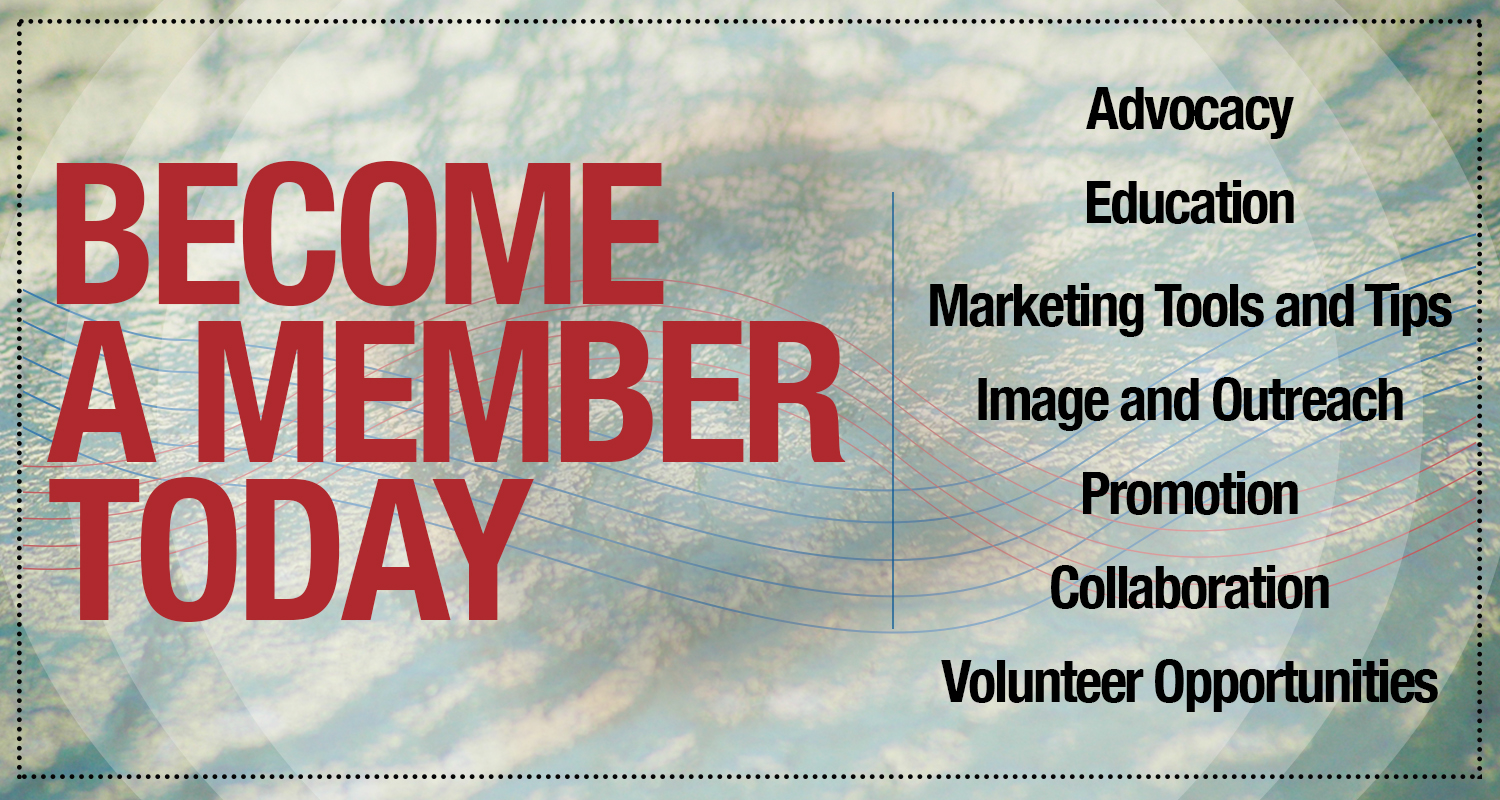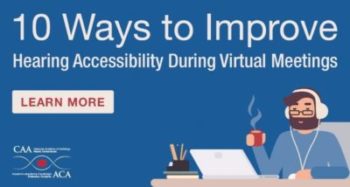Studies show that hearing loss is very common with age and is an integral part of the aging process. Although it progresses slowly, its consequences can be severe and disabling for older adults, and include psychosocial problems, social isolation, physical decline and cognitive decline. Appropriate interventions can avoid or mitigate many of the adverse effects associated with this problem. Many seniors have hearing aids that are either non-functional or not properly used. As a result, communication with health care providers can be difficult and frustrating. It is important that they can help seniors use their hearing aids, and that they use effective communication strategies when dealing with hearing-impaired clients. We propose to evaluate a program whose objective is to explore the effects of a self-training program, in the form of individually completed video vignettes, designed for beneficiary attendants who communicate with hearing-impaired seniors. The program focused on hearing loss in seniors, communication strategies, hearing aids and personal amplification systems. Participants completed a battery of pre- and post-training tests to assess their knowledge, skills and self-efficacy in relation to the theme. The results will be presented at the conference.
Learning Objectives:
- The audience will learn about the development and implementation of hearing health programs aimed at improving interactions between the hearing-impaired person and health care providers. His program has the potential to significantly improve the quality of services provided to hearing-impaired clients.



